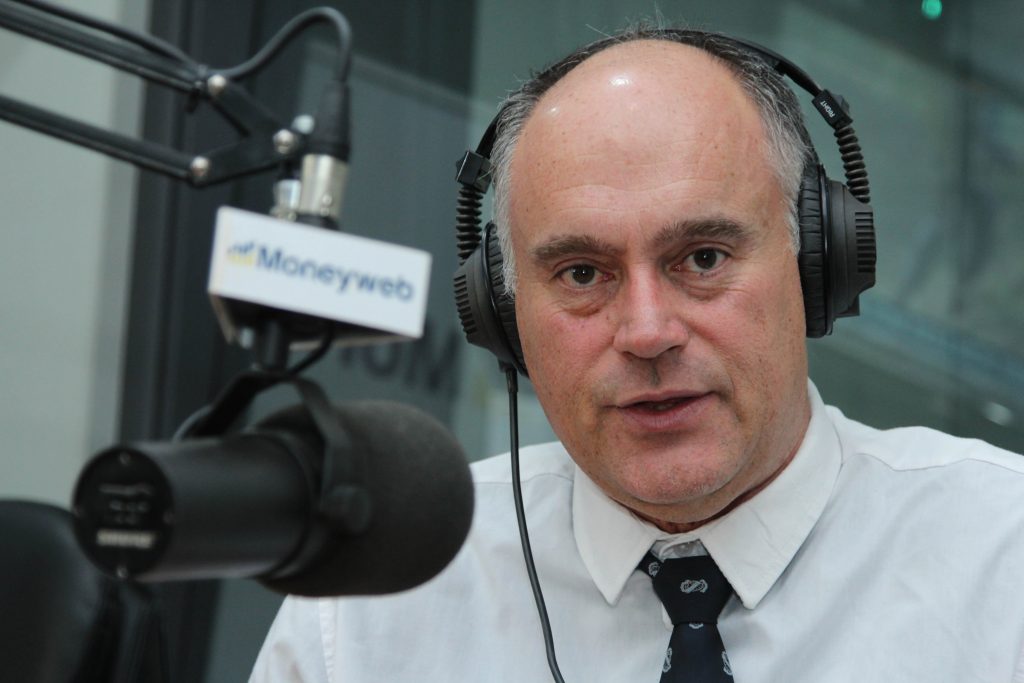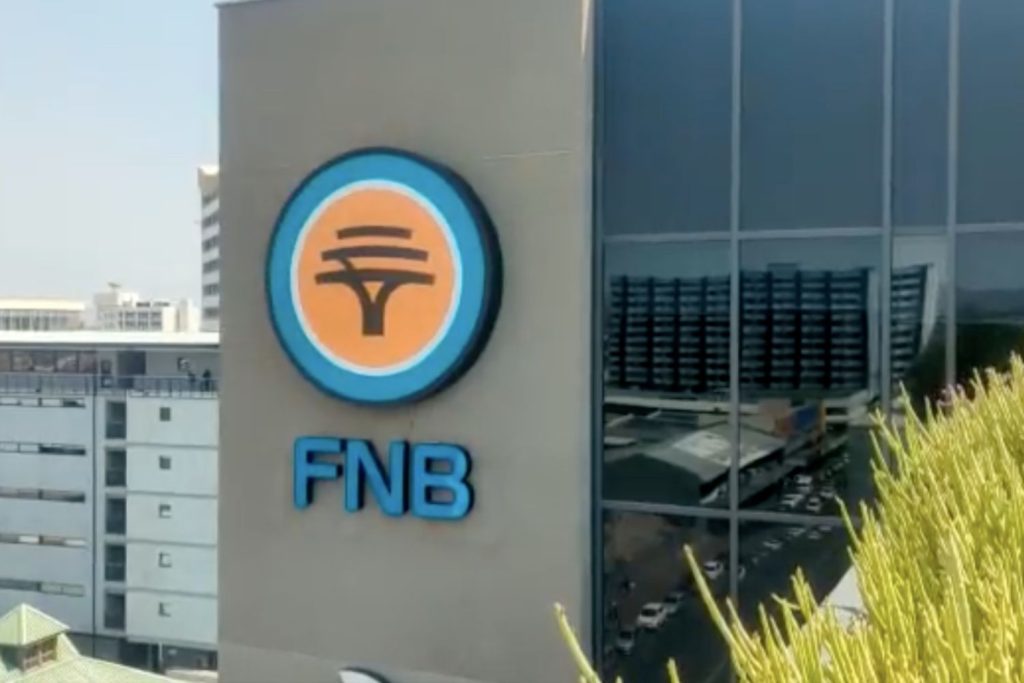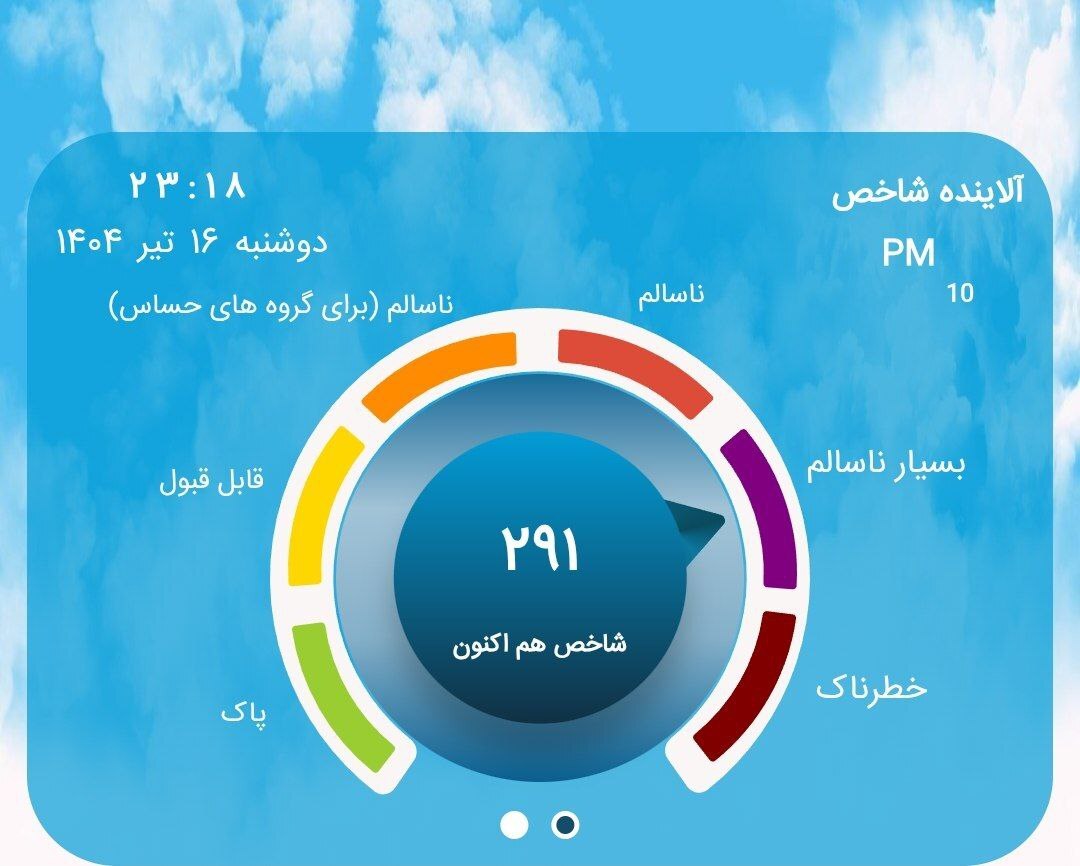The Schwarz Group, Germany’s largest retailer and owner of supermarket chain Lidl, is planning to pitch to the government to be the lead developer of a major data centre central to Europe’s artificial intelligence efforts.
The privately held retailer, which is controlled by billionaire founder Dieter Schwarz, will present its plan to spend billions of euros on Friday, according to people familiar with the matter, who asked not to be identified discussing private deliberations.
ADVERTISEMENT
CONTINUE READING BELOW
The Schwarz Group’s ambitions come as Germany seeks a piece of the €20 billion ($23.4 billion) European Union subsidies earmarked for new AI “gigafactories.” Germany’s digital minister, Karsten Wildberger, will meet with companies including the Schwarz Group, Deutsche Telekom AG and SAP SE to discuss “digital sovereignty” on Friday, according to an invitation viewed by Bloomberg.
A spokesperson for the Schwarz Group said it was interested in a data centre bid but declined to comment further. Deutsche Telekom confirmed its participation in the government meeting. SAP declined to comment.
A spokesperson for the Digital Ministry confirmed the meeting and said in an email that the government wants “to reduce technological dependencies in Germany and Europe and massively expand our own expertise in key technologies such as AI, cloud, semiconductors and cyber security.”
Europe is rushing to invest in AI infrastructure, as lawmakers and companies fear the continent is lagging behind in the critical tech and too reliant on US providers. In January, OpenAI launched Stargate, a project that pledged to spend as much as $500 billion on AI in the US. Three months later, the European Commission announced it would contribute funding for up to five AI “gigafactories” — massive data warehouses, each equipped with around 100,000 advanced chips, designed to develop AI models. The bloc said the funding would spur private investment that could ultimately triple Europe’s data centre capacity in five to seven years.
Several German firms sent letters of interest to the European Commission detailing their approach to building the new facilities, according to people familiar with the plans. The Schwarz Group now wants to lead a joint German bid and is hoping to convince other firms to join.
It’s not clear if the proposal to lead the effort will work, the people said.
Earlier this year, the Schwarz Group discussed working with a consortium that included German giants Siemens, SAP and Deutsche Telekom. But those talks fell through, according to German media reports. SAP CEO Christian Klein, who initially supported an European alternative to Stargate, said earlier in July that Europe should invest differently.
A Deutsche Telekom spokesperson wrote in an email this week that the company “is ready to take a leading role in the German AI gigafactory initiative.” But the representative didn’t comment on any partnerships or its financing strategies.
ADVERTISEMENT:
CONTINUE READING BELOW
In June, the telecom operator said it would open a cloud-computing centre in 2026 that has 10,000 chips from Nvidia Corp. That’s a tenth of the chips the European Union has said each proposed gigafactory will have.
The Schwarz Group is a relative latecomer to tech. It started building its own cloud-computing service, called StackIt, in 2017, part of a search for businesses with better margins than retail. The German company has also said the limited guarantees US cloud providers offered on data privacy and security drove its strategy. “Nobody could tell us where the data is stored,” Rolf Schumann, a co-CEO of Schwarz Digits, the company’s IT division, said in a May interview. “So we said, ‘We need our own cloud.’”
Schumann said at the time that the Schwarz Group was planning to invest €11 billion in its cloud unit over the next three to five years. Amazon.com Inc., the leading cloud provider, spent $78 billion in overall capital expenditure in 2024 alone.
The Schwarz Group hasn’t settled on an exact financial plan for the new facility, said the people familiar with the plans. The retailer is currently building a data centre in Luebbenau, a town south of Berlin, that it hopes will turn into the gigafactory.
© 2025 Bloomberg
Follow Moneyweb’s in-depth finance and business news on WhatsApp here.

 2 days ago
1
2 days ago
1



![[FULL SHOW] SA prepares for G20, questioning Prasa’s R7.5bn spend, and the impact of tariffs on SA’s auto sector](https://www.moneyweb.co.za/wp-content/uploads/2023/11/JimmyMoyaha-safm.jpg)


















 English (US) ·
English (US) ·